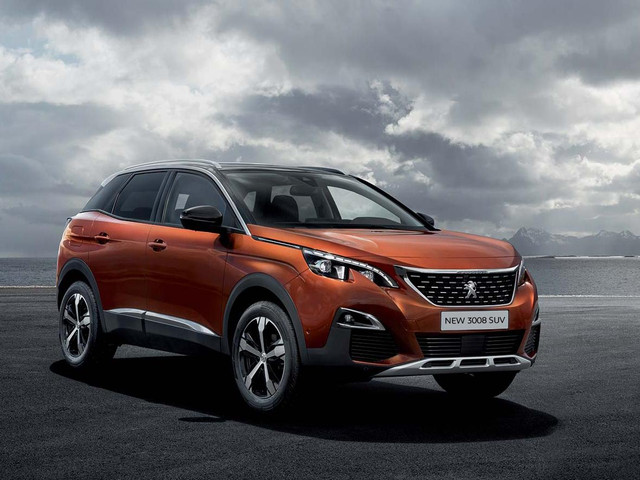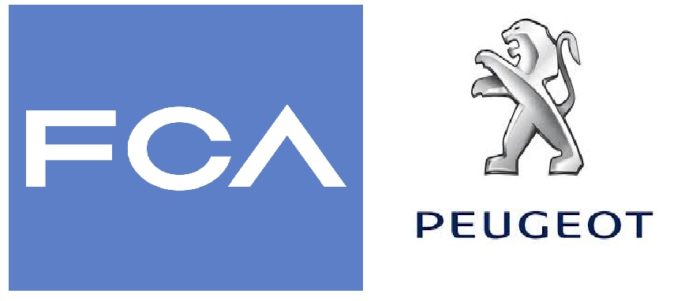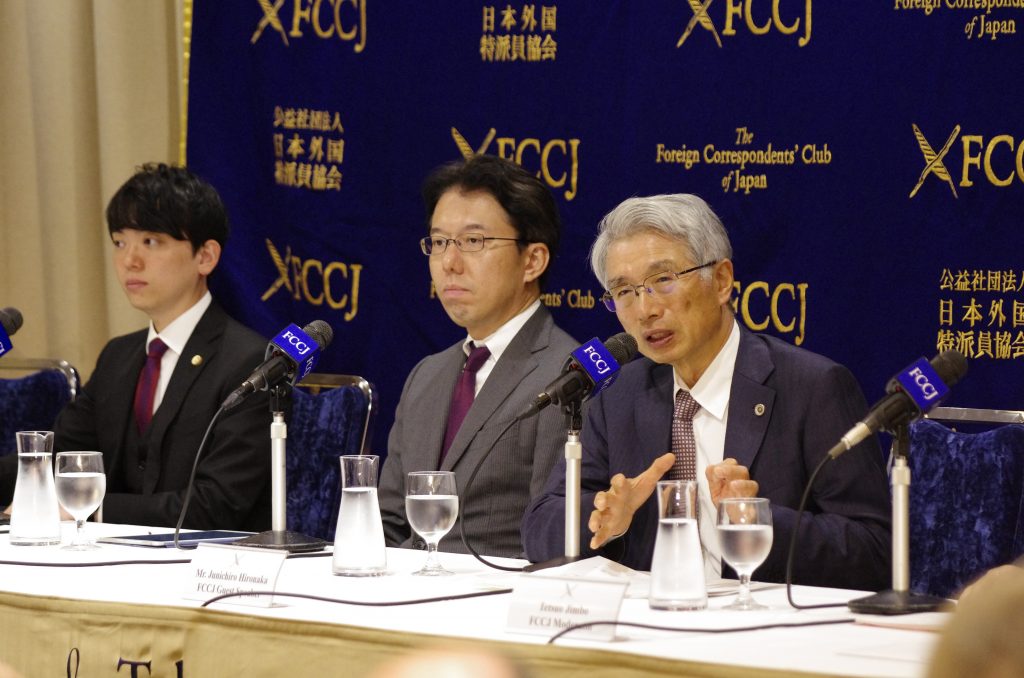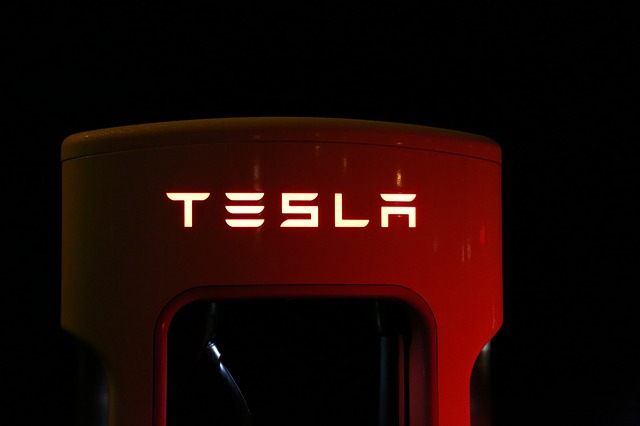Now Reading: PSA Group 2019 sales drop 10% after record 2018
-
01
PSA Group 2019 sales drop 10% after record 2018
PSA Group 2019 sales drop 10% after record 2018

French automaker PSA Group stated on Thursday global sales dropped 10% last year to 3.49 million units, compared with a record 3.88 million in 2018, as it had a hard time from decreasing volumes in China, the Middle East, and Africa.
In its European home market, Paris-based PSA’s sales refused by 2.5% in 2019 to 3.11 million vehicles, with its Opel-Vauxhall brand is having a hard time the steepest drop, declining 6.4%.
In Europe, helped by a boost in sales of light commercial vehicles (LCVs), PSA stated it “maintained its position by gaining a 16.8% market share in a market that was up a slight 1.3%”. In 2018, PSA’s market share had increased by 3.8 points versus 2017 to reach 17.1%.
According to the statistics published by the European Automobile Manufacturers Association (ACEA), PSA was surpassed by Volkswagen Group and Renault in the European passenger car market.
Meanwhile, Fiat Chrysler Automobiles (FCA) saw a 7.3% drop in its passenger car sales in Europe. PSA and FCA stated last month they had agreed on a binding merger in a $50 billion deal that will make the way to the formation of the world’s fourth-largest automaker.
PSA’s French competitor Renault is due to post its 2019 global sales on Friday.
“2019 was a year of consolidation for Peugeot. The brand wholly renewed its B-segment offering to support its sales boost in 2020,” PSA stated, referring to its small passenger car line-up, and that “Citroen had the strongest growth among the top 12 best-selling brands in Europe”.
The DS brand was PSA’s only brand to find an increase in sales last year, with a boost of 17.4% to 62,512 units globally. The Peugeot brand observed a decline of 16.3%, Citroen dropped 5.1% and Opel Vauxhall dropped 5.9%.
PSA’s sales in China dropped 55.4% to 117,084 vehicles, a mere 10th of the 1 million-a-year target it had set itself some years ago.
Sales volumes also dropped 22.5% in a contracting Latin American market and 43.7% in the Middle East-Africa region, largely affected by the group’s forced withdrawal from Iran under threat of U.S. sanctions.
Stay Informed With the Latest & Most Important News
Previous Post
Next Post
-
 01Polestar Boss Says It’s Time To Outrun BMW M And Mercedes-AMG
01Polestar Boss Says It’s Time To Outrun BMW M And Mercedes-AMG -
 02Spy Shots: 2027 Mitsubishi Pajero Spotted in Testing Ahead of Possible U.S. Return
02Spy Shots: 2027 Mitsubishi Pajero Spotted in Testing Ahead of Possible U.S. Return -
 03Spy Photos: VW ID. Polo GTI Goes Electric with 223 HP and 280 Miles of Range
03Spy Photos: VW ID. Polo GTI Goes Electric with 223 HP and 280 Miles of Range -
 04The Controversial Ford Voodoo V8 That Was Killed Off Too Early
04The Controversial Ford Voodoo V8 That Was Killed Off Too Early -
 052026 Toyota Hilux EV: A Powerful Truck with Silent Torque
052026 Toyota Hilux EV: A Powerful Truck with Silent Torque -
![2027 Mercedes-Benz S-Class Debuts with V8 Engine [Photo Gallery]](https://speedlux.com/wp-content/uploads/2026/01/2027-Mercedes-Benz-S-Class-33-155x125.jpg) 062027 Mercedes-Benz S-Class Debuts with V8 Engine [Photo Gallery]
062027 Mercedes-Benz S-Class Debuts with V8 Engine [Photo Gallery] -
 07Hyundai Palisade’s Breakout Year Shows How Quickly the Market Can Turn
07Hyundai Palisade’s Breakout Year Shows How Quickly the Market Can Turn


![2027 Mercedes-Benz S-Class Debuts with V8 Engine [Photo Gallery]](https://speedlux.com/wp-content/uploads/2026/01/2027-Mercedes-Benz-S-Class-33-700x394.jpg)











































